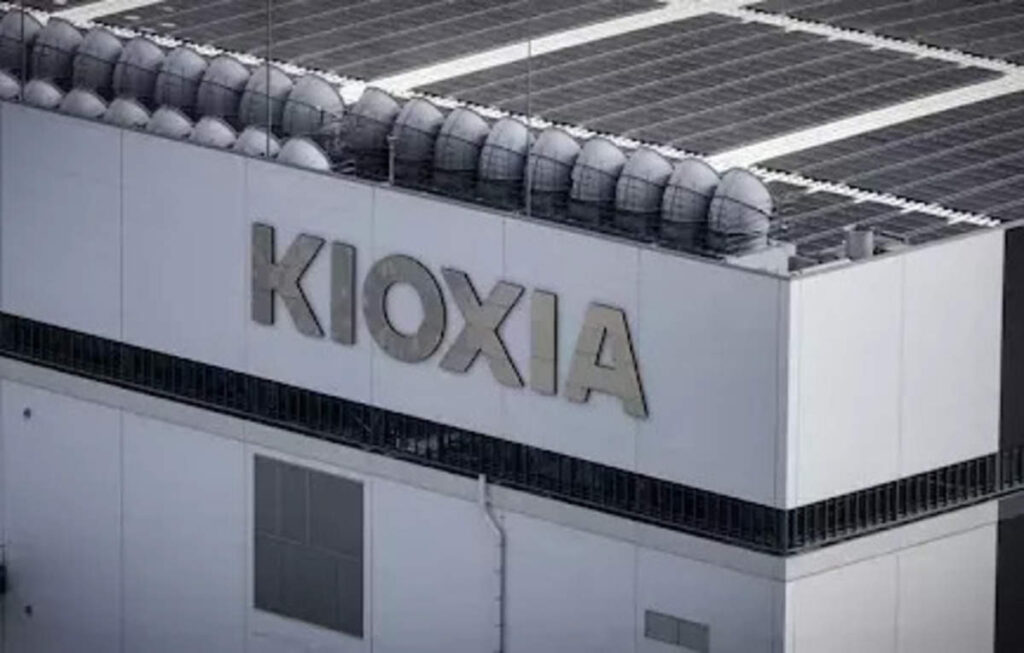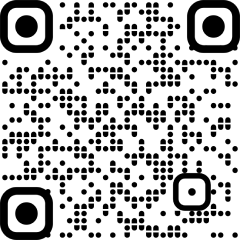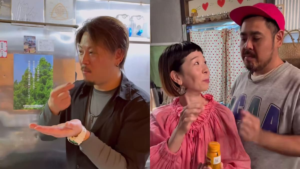Japan chipmaker Kioxia IPO set for next month, ET HealthWorld

Tokyo: Japanese chipmaker Kioxia will be listed on the stock exchange next month in an initial public offering valuing the company at $4.8 billion, its filing to the Tokyo Stock Exchange said Friday.
Formerly the semiconductor unit of Japanese engineering giant Toshiba, the company is the world’s third-largest producer of NAND flash memory chips.
It was acquired by US investment firm Bain Capital in 2018.
Kioxia had been expected to go public in October, emboldened by soaring demand for AI technology, but it delayed its plan following tech share routs.
Its IPO, priced at 1,390 yen ($9) per share, will now take place on December 18, the filing showed.
The company will issue around 21.5 million new shares, in addition to more than 50 million to be sold at home and abroad by existing shareholders.
With the new offering, its market cap will be nearly 750 billion yen ($4.8 billion), a company spokeswoman told AFP.
Kioxia will raise roughly 30 billion yen, but excluding transaction fees its net income will be 27.7 billion yen, spokeswoman Nanami Hamada said.
Memory chips are used in everyday devices such as smartphones and storage drives, as well as in industrial and medical equipment, but their prices are notoriously volatile.
Global demand for the chips is set to rocket, driven by the recent growth of generative AI tech such as ChatGPT.
Kioxia is among several Japanese semiconductor producers that the government is subsidising as it seeks to triple the sales of domestically produced chips to more than 15 trillion yen by 2030.
Firms such as Toshiba and NEC helped Japan dominate in microchips in the 1980s, but competition from South Korea and Taiwan saw its global market share slump from more than 50 percent to around 10 percent.
But with China’s growing assertiveness toward Taiwan heralding volatility on the self-ruled island’s ability to produce semiconductors, hopes are running high that Japan will re-emerge as a new chip hub.
Last year, Western Digital of the United States and Kioxia reportedly shelved talks for a merger that would have created one of the world’s largest memory chip makers.










